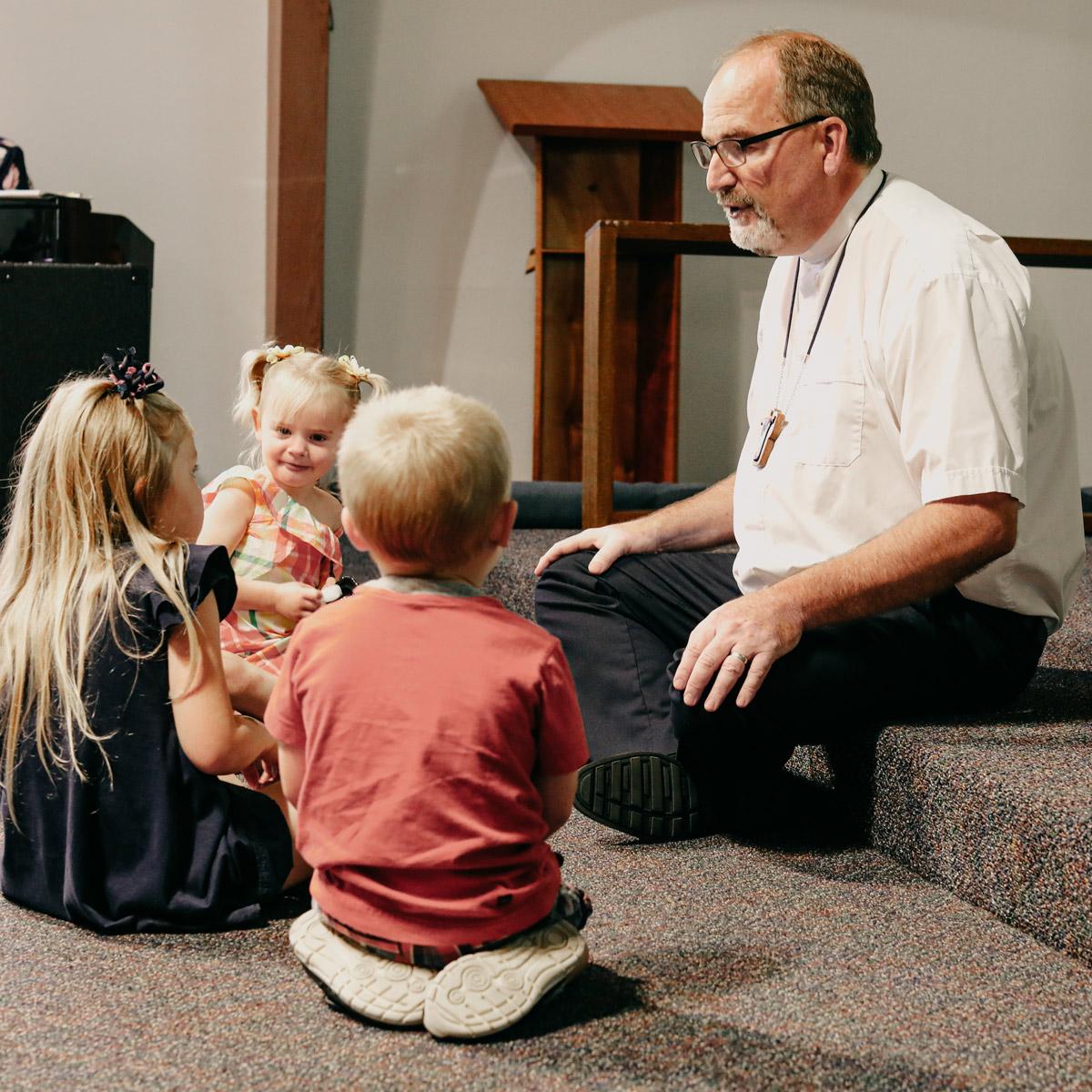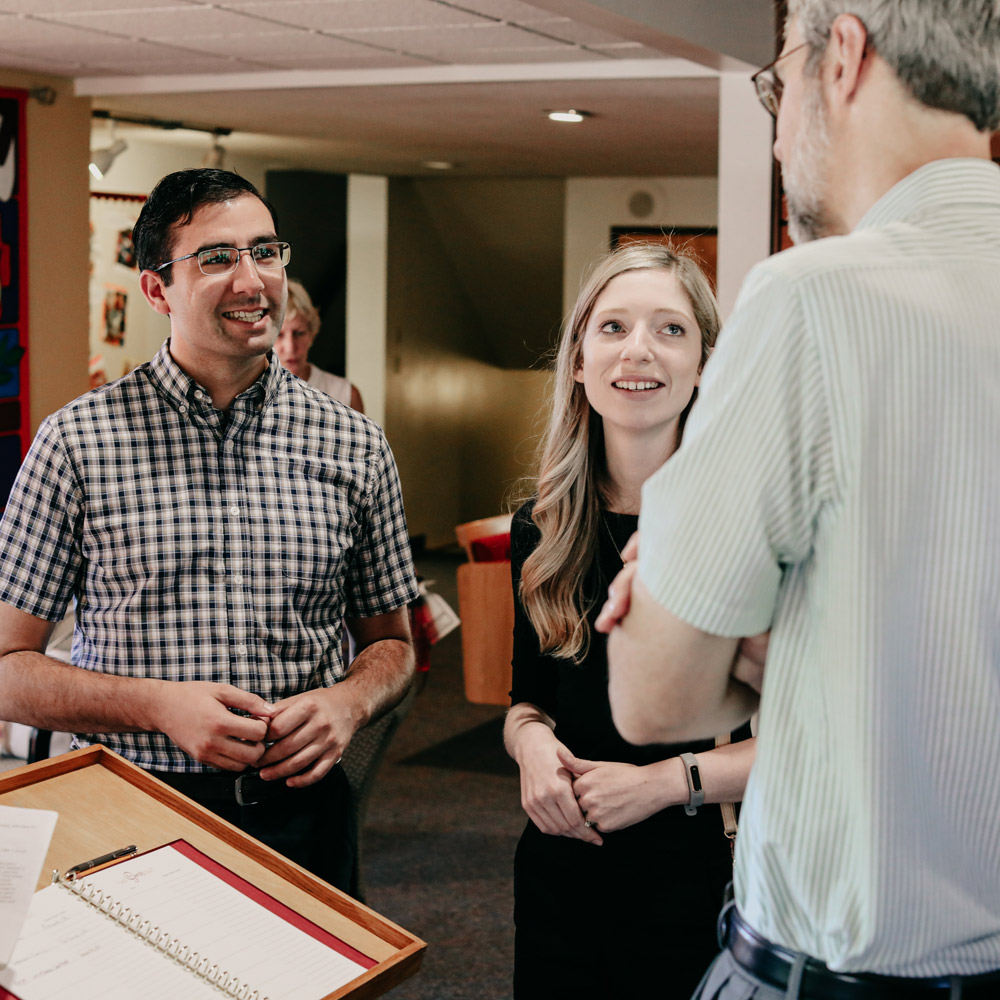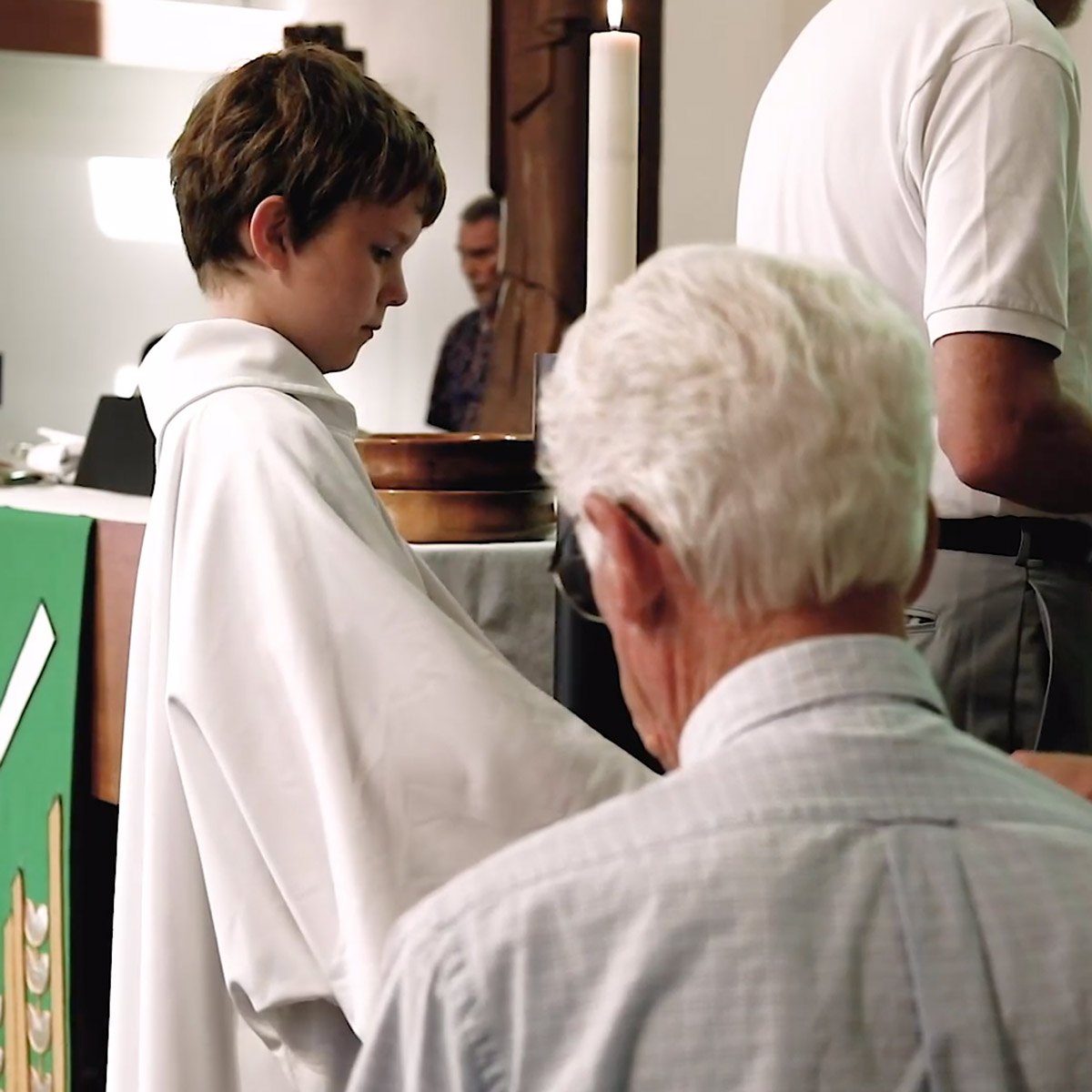
November 12, 2023 | Liturgy Bible Study – Session 7 – Gospel Reading and Sermon
Liturgy Bible Study – Lesson 7 – Gospel Reading and Sermon
This have been called by many to be the climax of the Liturgical service. Why might they think this?
Gospel means “good news.” What news does this pertain to? Mark 1:14-15; John 3:16; Acts 2:38; Romans 1:16-17, 10:9-13; 1 Corinthians 15:1-4; Ephesians 2:8-9
By what means is the Gospel received? 2 Timothy 3:16-17
How is the Holy Spirit involved? John 14:26; Romans 8:26-27; Ephesians 1:13, 4:30; Titus 3:5; Jude 1:20
Why is it important to know the story of the life, teachings, death, and resurrection of Jesus? What does His story mean to you?
Why do we remain seated for the other readings in the Liturgy but rise for the Gospel?
*Interesting note. In the early church, it used to be common to have a Gospel procession before the Gospel was read using a special “Gospel book” containing only Matthew, Mark, Luke and John.
An alleluia is usually sung before the Gospel is read. Alleluia literally means “Praise Yah” (short for Yahweh). Why are alleluia’s especially important and appropriate before the Gospel is read?
Following the reading of the Gospel, the congregation responds by saying (or singing), “Praise to you, O Christ,” or something similar. Then the sermon hymn is sung. Why is this a good time for a hymn? What should the hymn point us to?
The sermon from the pulpit is the central action of the Service of the Word. Why? Matthew 5:1-12; Colossians 3:16: James 1:22; 2 Timothy 3:16-17.
Often, the pulpit will be risen above the congregation. What does this signify?
Why is the preaching of the sermon considered a prophetic act?
In your opinion, what should every sermon contain?
*Interesting note. The sermon is a remnant of the very beginnings of the church. In the Middle ages, the sacrifice of the mass became more the central theme of the service but the Reformation brought the sermon back to prominence.
In some churches, the sermon can be over an hour long. For good or bad, why do most people prefer shorter sermons?
In the sermon, the minister is to proclaim God’s judgement over sin. Why do many pastors avoid this in their sermons? Why is avoidance dangerous?
The sermon is also for instruction in Christian living. What is Christian living? Titus 2:1-13
















